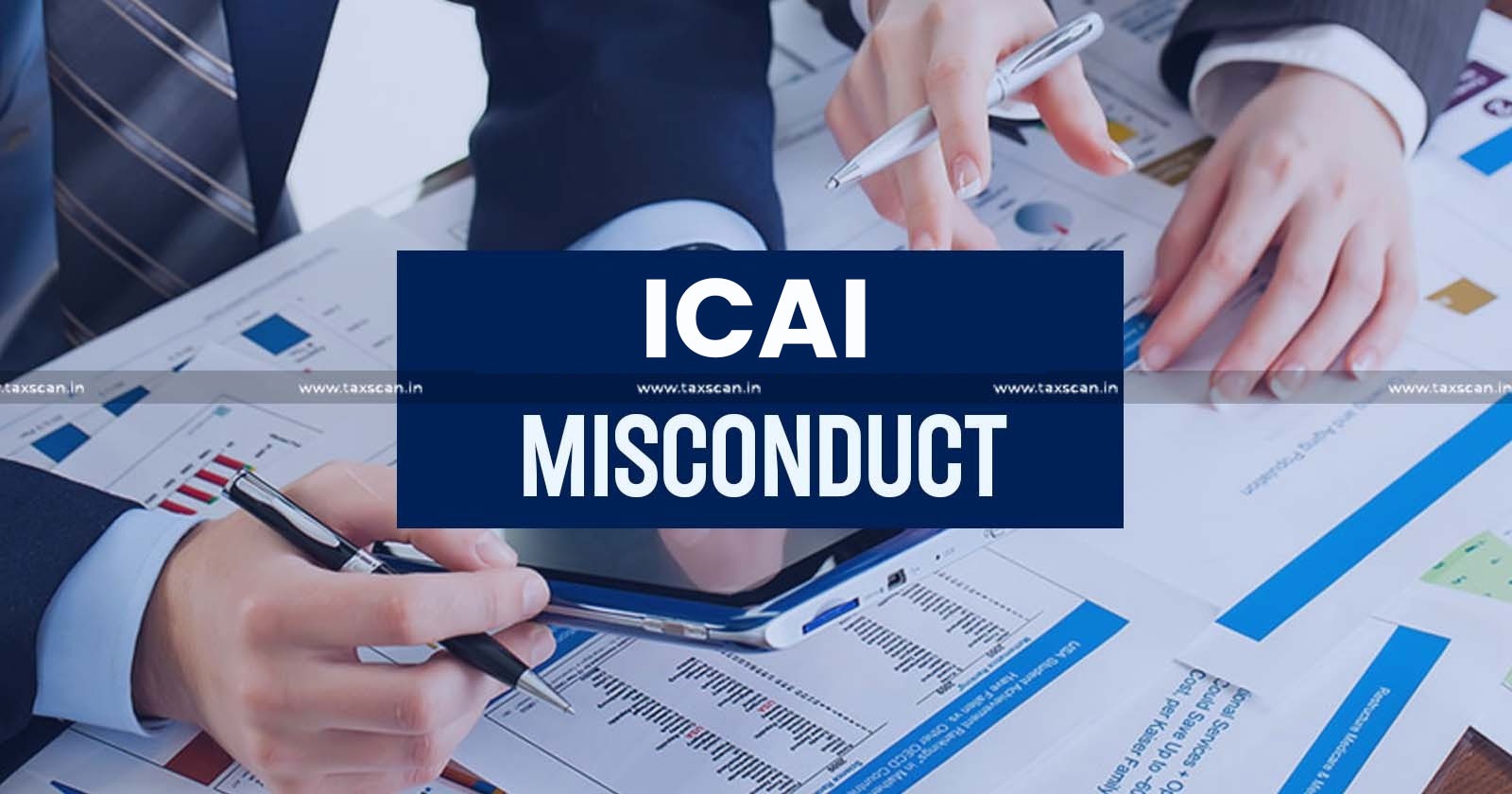Manmohan, J.
CM 11723/2010
This is an application for condonation of delay of 107 days in refiling the appeal.
For the reasons stated in the application, delay of 107 days in refiling the appeal is condoned.
Accordingly, application stands disposed of.
ITA 837/2010
1. The present appeal has been filed u/s 260A of Income Tax Act, 1961 (for brevity "Act, 1961") challenging the order dated 25th February, 2009 passed in ITA No. 89/Del/08 by the Income Tax Appellate Tribunal (in short "ITAT"), for the assessment year 2004-2005.
2. Mr. N.P. Sahni, learned Counsel for Revenue submitted that the ITAT erred in law in allowing the relief of Rs. 51,18,051/- to the assessee in the absence of confirmation of undischarged liabilities. In this context, Mr. Sahni relied upon Section 41(1) of Act, 1961.
3. ITAT by the impugned order has confirmed the order passed by the Commissioner of Income Tax (Appeals) (hereinafter referred to as "Commissioner") and dismissed the appeal filed by the Revenue. In the impugned order, ITAT has observed as under:
6. On careful consideration of rival submissions, we find no error in the approach of learned CIT(A). It is evident from the assessment order that sundry creditors are brought forward balances and a sum of Rs. 34,54,809/- are provisions under various heads including provisions of taxation. The Assessing Officer had added entire outstanding balance as income of the assessee u/s 41(1) without considering nature of liability shown or without referring to any evidence or making out any case of cessation of liability in the relevant period. In the case of
Hence, in order to bring a case u/s 41(1), it has to be shown by the department that there has been remission or cessation of the liability. The remission of the liability arises when the creditor voluntarily gives up the claim. The cessation of such liability arises only when it ceases to exist in the eye of law for all intents and purposes. When a debt becomes barred by time the creditor would not be able to recover the amount by enforcing his right in a court. But the right will not come to an end nor does the liability cease.
7. The principles stated above are applicable to the facts of the case although there has been amendment of Section 41(1) of the I.T. Act. Even under the amended Act, the revenue has to show with reference to material on record that liabilities have ceased to exist and that assessee has received some benefit. There is no material on record to draw such an inference. The mere fact that some of the liabilities were more than three years old is not sufficient to apply provisions of Section 41(1). Each liability was required to be examined and case established u/s 41(1) of the I.T. Act. This has not been done. Even provisions for "taxes" and other provisions of similar nature been added on presumption. We, therefore, hold that no cessation of any liability has been shown and the Assessing Officer was not justified in making addition of disputed amount u/s 41(1) of the I.T. Act. Learned CIT(A) rightly deleted the addition. We confirm his action.
4. Since the controversy in the present case involves interpretation of Section 41(1) of Act, 1961, the same is reproduced hereinbelow for ready reference:
41. Profits chargeable to tax
(1) Where an allowance or deduction has been made in the assessment for any year in respect of loss, expenditure or trading liability incurred by the assessee (hereinafter referred to as the first-mentioned person) and subsequently during any previous year,--
(a) the first-mentioned person has obtained, whether in cash or in any other manner whatsoever, any amount in respect of such loss or expenditure or some benefit in respect of such trading liability by way of remission or cessation thereof, the amount obtained by such person or the value of benefit accruing to him shall be deemed to be profits and gains of business or profession and accordingly chargeable to Income Tax as the income of that previous year, whether the business or profession in respect of which the allowance or deduction has been made is in existence in that year or not; or
(b) the successor in business has obtained, whether in cash or in any other manner whatsoever, any amount in respect of which loss or expenditure was incurred by the first-mentioned person or some benefit in respect of the trading liability referred to in Clause (a) by way of remission or cessation thereof, the amount obtained by the successor in business or the value of benefit accruing to the successor in business shall be deemed to be profits and gains of the business or profession, and accordingly chargeable to Income Tax as the income of that previous year.
[Explanation 1.-- For the purposes of this sub-section, the expression "loss or expenditure or some benefit in respect of any such trading liability by way of remission or cessation thereof" shall include the remission or cessation of any liability by a unilateral act by the first mentioned person under Clause (a) or the successor in business under Clause (b) of that sub-section by way of writing off such liability in his accounts.]
Explanation [2].--For the purposes of this sub-section, "successor in business" means--
(i) where there has been an amalgamation of a company with another company, the amalgamated company;
(ii) where the first-mentioned person is succeeded by any other person in that business or profession, the other person;
(iii) where a firm carrying on a business or profession is succeeded by another firm, the other firm;
(iv) where there has been a demerger, the resulting company.
5. The Supreme Court in
The following words in the Section 41(1) of the Income Tax Act, 1961 are important: "the assessee had obtained, whether in cash or in any other manner whatsoever any amount in respect of such loss or expenditure or some benefit in respect of such trading liability by way of remission or cessation thereof, the amount obtained by him". The section contemplates the obtaining by the assessee of an amount either in cash or in any other manner whatsoever or a benefit by way of remission or cessation and it should be of a particular amount obtained by him. Thus, the obtaining by the assessee of a benefit by virtue of remission or cessation is sine qua non for the application of this section. The mere fact that the assessee has made an entry of transfer in his accounts unilaterally will not enable the Department to say that Section 41(1) would apply and the amount should be included in the total income of the assessee.
The principle that expiry of period of limitation prescribed under the Limitation Act could not extinguish the debt but it would only prevent the creditor from enforcing the debt, has been well settled. If that principle is applied, it is clear that mere entry in the books of account of the debtor made unilaterally without any act on the part of the creditor will not enable the debtor to say that the liability has come to an end. Apart from that, that will not by itself confer any benefit on the debtor as contemplated by the section.
(emphasis supplied)
6. Keeping in view the aforesaid observation of the Supreme Court, the ITAT, in our opinion, has rightly concluded that Section 41(1) of Act, 1961 was not attracted as there was neither remission nor cessation of liability in the present case.
7. Accordingly, present appeal, being devoid of merit, is dismissed but with no order as to costs.

